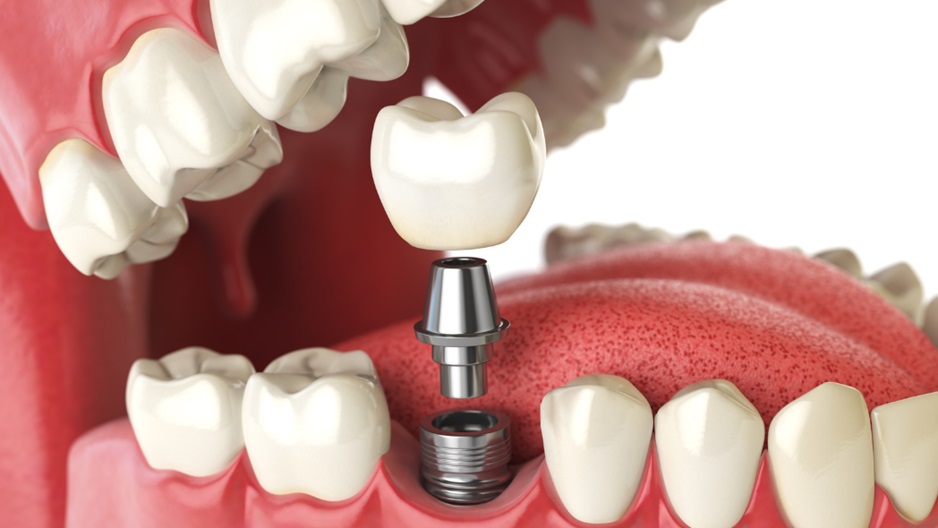Dental crowns play a vital role in restoring damaged or weakened teeth to their full function and appearance. Getting a dental crown in Toronto can significantly improve oral health and prevent further tooth damage. Modern dental crown options offer durability, aesthetics, and long-lasting protection for compromised teeth, making them an essential solution in restorative dentistry.
Understanding Dental Crown Materials
Modern dental crowns utilize various materials, each offering unique advantages for different situations. Metal alloys provide exceptional durability and strength, making them ideal for back teeth where appearance is less crucial. Porcelain-fused-to-metal crowns combine strength with aesthetics, offering natural-looking results while maintaining structural integrity. All ceramic crowns deliver superior aesthetics, perfectly matching natural tooth color and translucency, making them popular for front teeth restoration. Consulting a qualified dentist in Toronto ensures the selection of the most suitable material for specific dental needs.
The Crown Placement Process
The crown placement procedure typically requires two dental visits for optimal results. During the initial appointment, the dentist prepares the affected tooth by removing damaged portions and reshaping it to accommodate the crown. Detailed impressions are taken to ensure a perfect fit, and a temporary crown protects the tooth while the permanent crown is fabricated in a dental laboratory. The second visit involves removing the temporary crown and carefully bonding the permanent crown in place, ensuring proper fit, bite alignment, and appearance.
Cost Considerations and Longevity
The investment in a dental crown varies based on several factors, including the chosen material, tooth location, and procedure complexity. While initial costs may appear significant, dental crowns provide substantial long-term value through their durability and protective qualities. Patient education about how long dental crowns can last is essential for making informed decisions. With consistent oral care and regular dental check-ups, these restorations typically maintain their function and appearance for 5 to 15 years. Dental insurance coverage often includes partial benefits for crown procedures, reducing the financial impact of this important dental treatment.
Maintaining Your Dental Crown
Proper maintenance is essential for preserving the longevity and optimal performance of dental crowns. Regular brushing, flossing, and professional cleanings are crucial for preventing decay around crown margins and maintaining healthy gums. Avoiding excessive force when chewing and refraining from using teeth as tools protects the crown from unnecessary stress. Professional check-ups allow early detection of any potential issues, ensuring timely intervention if needed.
Modern Innovations in Crown Technology
Recent advancements in dental technology have transformed the processes of crown fabrication and placement. Digital scanning and CAD/CAM technology enable precise crown design and manufacturing, ensuring optimal fit and appearance. New ceramic materials offer improved strength and aesthetics, while advanced bonding techniques enhance crown durability and longevity. These innovations continue to improve treatment outcomes and patient satisfaction.
Conclusion
Dental crowns provide a dependable solution for restoring damaged teeth, delivering both functional and aesthetic advantages. Understanding the available materials, costs, and maintenance requirements helps make informed decisions about dental crown treatment. Regular dental visits and proper care ensure optimal crown performance and longevity, contributing to long-term oral health success. With ongoing technological advancements and improved materials, dental crowns continue to provide effective tooth restoration options for patients seeking durable, natural-looking results.




